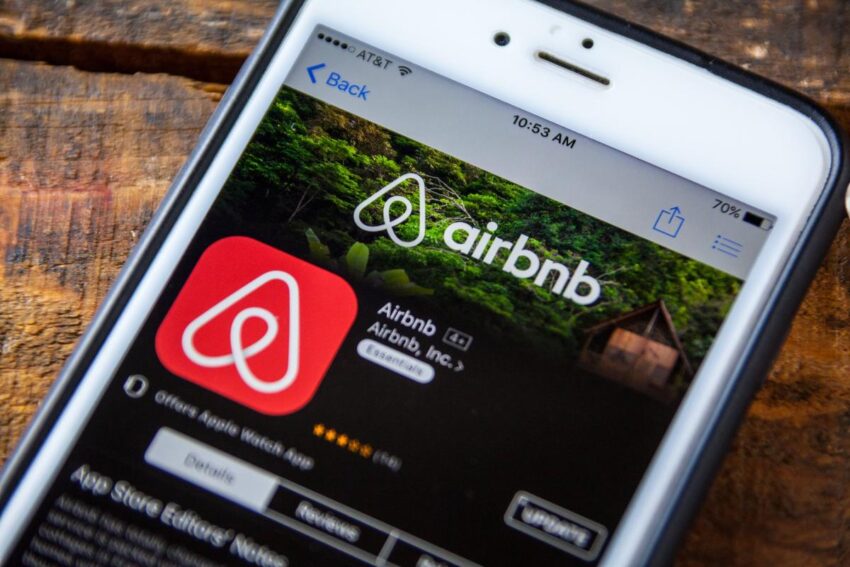With the busy summer tourism season nearing, Niagara Falls Coun. Lori Lococo is calling on city staff to keep a close eye on illegal vacation rentals.
When referencing a vacation rental or short-term rental unit, many people use the blanket term Airbnb, but that’s just the name of one of the companies operating online marketplaces for short-term homestays.
Over the years, residents have voiced concerns about some of their quiet streets being shattered due to a proliferation of illegal vacation rental properties.
In August 2021, the Ontario Land Tribunal approved a city official plan amendment to add definitions and policies respecting vacation rental units and bed and breakfasts.
A licensed vacation rental unit with as many as three bedrooms is permitted in existing dwellings or a dwelling unit within the tourist commercial, general commercial and commercial business zone subject to regulations contained in a bylaw.
Last August, Gerald Spencer, the city’s manager of bylaw enforcement, said the municipality has access to software that identified approximately 1,000 active, illegal vacation rental units in Niagara Falls.
The rental channel of this software, as of Spencer’s presentation to politicians, depicted about 80 per cent from the Airbnb website, six per cent from the Vrbo website and 14 per cent from both.
Chief administrative officer Jason Burgess said an education campaign is going out across the city through which postcards will be sent to every address in Niagara, explaining the municipality’s new bylaw.
Burgess said city staff sent a letter last year to Airbnb and Vrbo notifying them of the municipality’s bylaw change and “requesting them to provide their list of individuals who are not licensed or for them to monitor our licensing list.”
“There’s no response. New York state had sued them for over seven years. British Columbia has been suing them. We’re going to issue more letters to that to see if we can more easily manage that situation,” he said.
“We’ll continue to work on the file as best we can but there are going to be a lot of changes. I think you may get some other phone calls from residents who maybe were using Airbnb as a supplemental income to their household that the changes are going to impact.”
In an interview, Burgess said because the bylaw is “fairly new,” staff wants to take an “educational” approach, but also use enforcement in areas where there are issues.
“We don’t want to come down heavy-handed. We’re going to be … encouraging people to get licensed and to give them kind of advanced notice,” he said.
Burgess said the bylaw differentiates between vacation rentals and bed and breakfasts, the latter of which are allowed in residential areas, but also need to be licensed.
St. Catharines also now licences bed and breakfasts to close a loophole staff in that city said was being exploited by short-term rental owners.
“With bed and breakfasts, the owner has to be on property — they’re renting out a portion of their home, so they’re on property and that normally means that there’s less issues,” he said.

